Translation in the MEB context is a reciprocal communication process to facilitate mutual understanding. This means that different actors are provided the opportunity to present their own knowledge on the topic, and to listen to and respectfully discuss others knowledge to facilitate learning. Translation requires engagement with Free Prior Informed Consent (FPIC), so that all actors are fully aware of, and have consented to, the conditions for sharing and spread of the shared knowledge, and the potential risks involved with knowledge traveling out of its context.
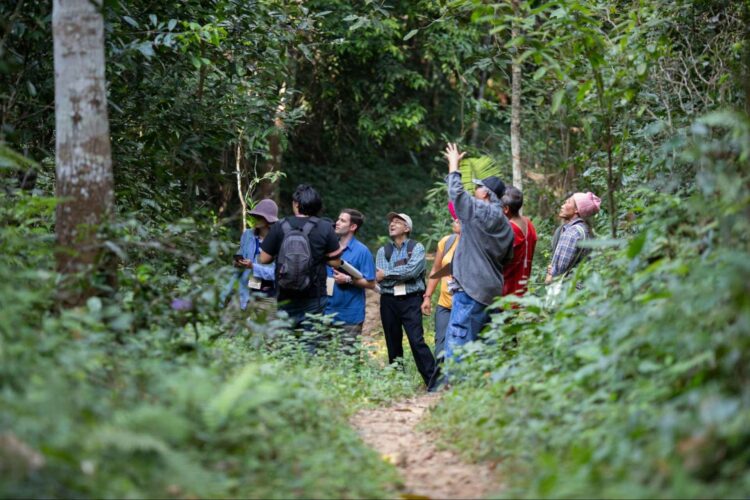
Often, an important part to facilitate translation is the sharing of fundamental aspects of your knowledge system, i.e. how knowledge is acquired and transmitted and who is considered an expert and why. Part of the challenge of translation is that knowledge is presented and manifested differently in different knowledge systems. It is critical to give space and equal respect for multiple forms of knowledge and multiple ways of presenting and sharing knowledge. For example, Indigenous and local knowledge can often be represented in management practices and rituals, in proverbs, or in stories or poems. To facilitate mutual comprehension, it may be required to adapt knowledge products or outcomes into different forms. For example, scientific knowledge can be presented as forum theater or visualizations (examples). Maps are often a useful tool to bring together different forms of information into a shape that is meaningful for different actors. To make a translation session meaningful, also requires translation between different Indigenous languages in order to make it possible for holders of knowledge to communicate with one another.
Some reflections on the translation task from the “Our knowledge our way” guidelines which shares Indigenous-led approaches to strengthening and sharing knowledge for land and sea management. from Australian experience:
“Our case studies show many examples of different ways to communicate. Indigenous knowledge of seasonal cycles has been communicated as seasonal calendars with English words and photographs.
However, translating between Indigenous languages and English is very important. Indigenous language interpreter services provide critical cross-cultural translation services for working across knowledge systems. A skilled interpreter and/or translator can translate knowledge concepts, expressed verbally or in sign-language, across world view systems, helping to ensure that knowledge protocols aren’t breached through miscommunication. Interpretation removes pressure from Indigenous peoples to express their ideas clearly in English, which may not be their first but rather the third or fourth language.”
Learn about The polination dialogue experiences of translate below.
In the pollination dialogue, we used the walking workshop approach to facilitate mutual understanding. Walking in the landscape, guided by the local knowledge holders and experts, was a great opportunity to understand practical knowledge of farming and also to stimulate discussion and the sharing of similar – or contrasting – ways to manage landscapes among the participants from different parts of the world. We used posters with key messages from the Pollination assessment to present and discuss the scientific findings. The posters were available in English and Thai, and interpreters did work with the local Karen language, Thai and English. Being embedded in the landscape while doing this made it easier to connect with local examples and make the findings relevant for the local Karen participants.

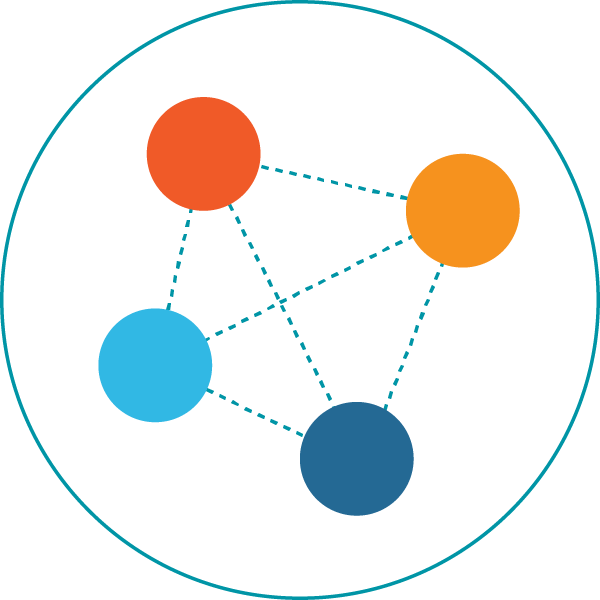


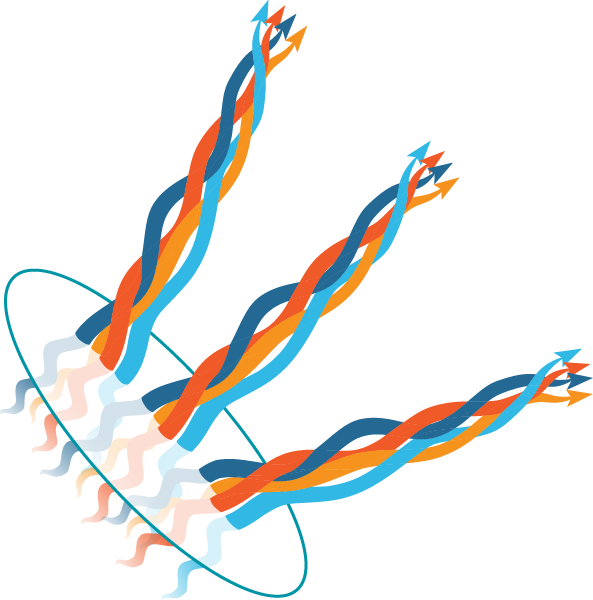
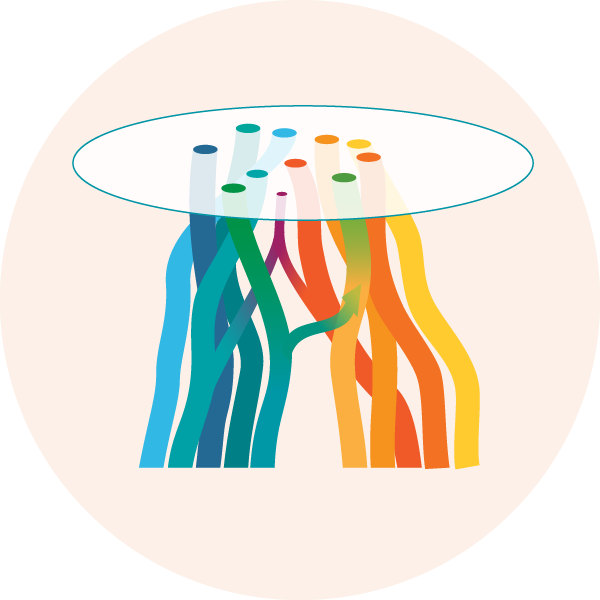



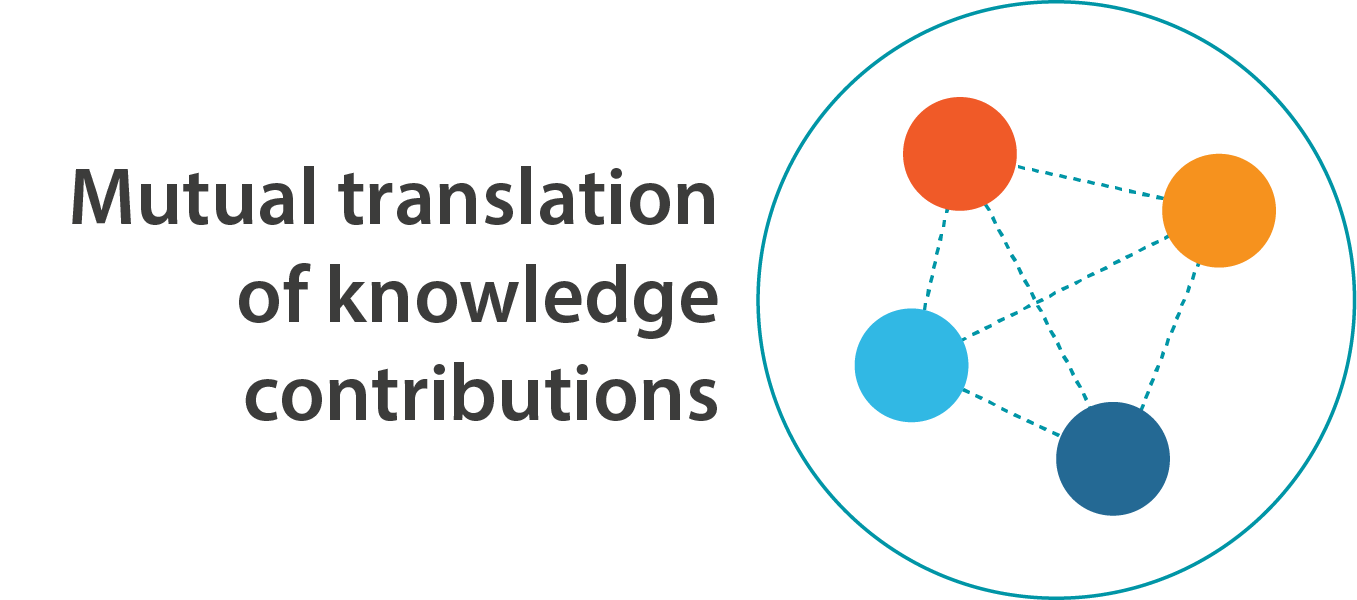
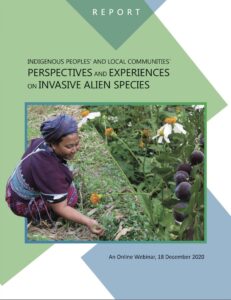 Indigenous Peoples and local communities perspectives and experiences on invasive alien species
Indigenous Peoples and local communities perspectives and experiences on invasive alien species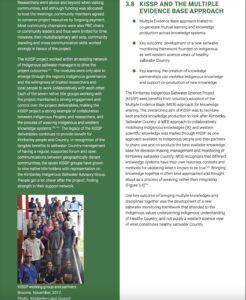 The Kimberley Indigenous Saltwater Science Project. (KISSP) p. 85 in the OKOW Guidelines
The Kimberley Indigenous Saltwater Science Project. (KISSP) p. 85 in the OKOW Guidelines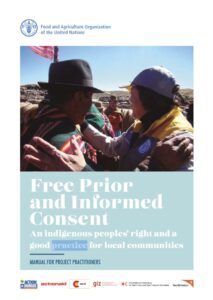 FAO Guidance for FPIC
FAO Guidance for FPIC